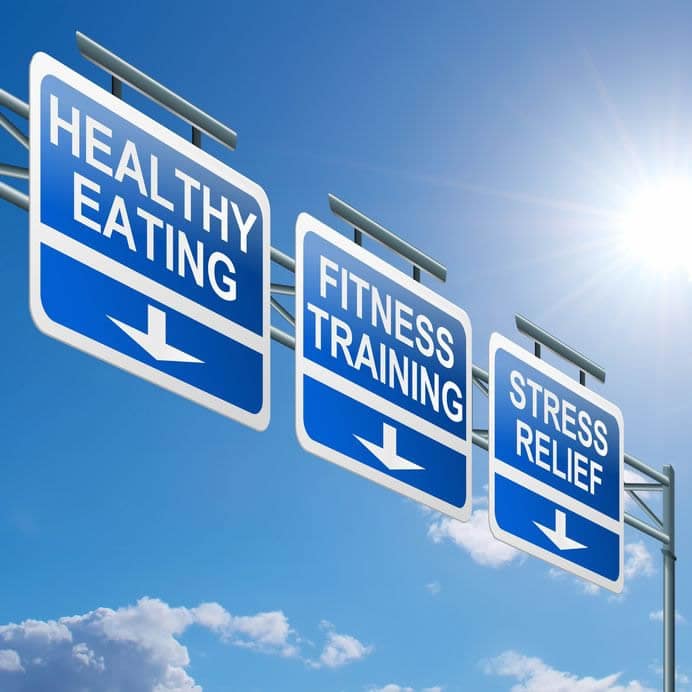[fusion_builder_container background_color=”” background_image=”” background_parallax=”none” enable_mobile=”no” parallax_speed=”0.3″ background_repeat=”no-repeat” background_position=”left top” video_url=”” video_aspect_ratio=”16:9″ video_webm=”” video_mp4=”” video_ogv=”” video_preview_image=”” overlay_color=”” overlay_opacity=”0.5″ video_mute=”yes” video_loop=”yes” fade=”no” border_size=”0px” border_color=”” border_style=”” padding_top=”20″ padding_bottom=”20″ padding_left=”” padding_right=”” hundred_percent=”no” equal_height_columns=”no” hide_on_mobile=”no” menu_anchor=”” class=”” id=””][fusion_builder_row][fusion_builder_column type=”1_1″ background_position=”left top” background_color=”” border_size=”” border_color=”” border_style=”solid” spacing=”yes” background_image=”” background_repeat=”no-repeat” padding=”” margin_top=”0px” margin_bottom=”0px” class=”” id=”” animation_type=”” animation_speed=”0.3″ animation_direction=”left” hide_on_mobile=”no” center_content=”no” min_height=”none”][fusion_text]
Stress and Eating
You cannot always control stress in your life, but you can control how you choose to deal with it. One of the common (but least effective) ways of coping with stress is by overeating. If you choose foods as an outlet to deal with stress, is it because you feel you “deserve it”, or “owe it to yourself”? Many people who rationalize things this way also admit that they feel no better after overeating, and often feel worse.
It is never easy to change habits that have been a part of our lives for many years. Some possible ways of coping with stress rather than eating are listed below:
- Determine whether you have a problem. Do you find yourself eating or thinking about food even when you’re not hungry? If so, you may be eating in response to stress.
- Investigate your emotions. Do you eat when tired, bored, angry, depressed, lonely or trying to avoid doing some work? You must understand your behavior before you can change it.
- Ask yourself if eating is going to relieve your stress. Give yourself permission to eat, but only after asking yourself if eating has ever helped you before.
- Find an alternative activity. Try to relax by reading, listening to music, meditating, sitting outside, or a nice long bath. You may want to get involved in walking, jogging, or bicycle riding. All of these activities help relieve tension and get your mind off the day’s stress factors.
- Finally, reward yourself for successfully avoiding stress eating. Give yourself a pat on the back. Save money for theater or sports tickets or new clothes. You have to decide on something special (not food) that will give you positive reinforcement for your change of behavior.
People have learned to eat to block out stress, dispel anxiety, cheer themselves up and relieve boredom. Eating is an easily accessible method of coping with problems. The irony is that eating rarely, if ever, solves life’s stresses. In fact, the feelings of guilt and remorse that can follow overeating often make the situation worse.
12 Stress Management Techniques You Can Use Immediately
- Eat a balanced diet
- EXERCISE: Walking, biking, skiing, swimming, etc.
- Get plenty of sleep.
- Use humor. Watch comedy videotapes.
- Practice a hobby like reading, gardening, or cross stitch
- Journal or blog about your thoughts and feelings
- Visit with a friend
- Prioritize your schedule and learn to say “NO!”
- Do something for others (volunteer)
- Avoid caffeine, nicotine, and alcohol
- Get a massage or work on relaxation techniques
- Pray
This article was originally published in a broadcast of the Health-e-Thoughts Newsletter (distributed by betterMD.net on March 13, 2002)
[/fusion_text][/fusion_builder_column][/fusion_builder_row][/fusion_builder_container]







Leave A Comment
You must be logged in to post a comment.